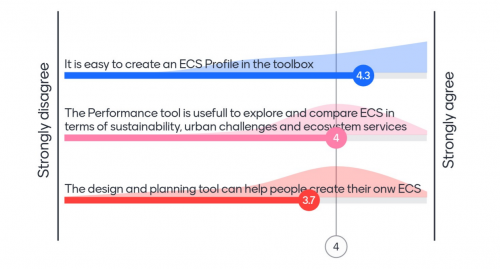City teams of Carthage and Sant Feliu de Llobregat meet to exchange on mapping local food opportunities
This week, the interdisciplinary teams of city officials, local food initiatives, research organisations and members of the public of Sant Feliu de Llobregat (Spain) and Carthage (Tunisia) met online to discuss the status quo of their local food systems. The meeting was co-led by our project partners from the Institute of Organic Farming at BOKU University Vienna and the School of Architecture, Technology and Engineering at the University of Brighton (UoB).
Aim of the workshop-like meeting was to kick-off an exchange between cities that are interested in using UoB’s opportunity mapping process within WP4’s transition pathway method to address specific societal challenges in relation to their local food systems.
Carthage and Sant Feliu de Llobregat share certain general urban characteristics – f.e. the proximity to major urban centres (Tunis and Barcelona) – whilst they differ in others – f.e. the access to water. During the last two years, the city teams in both cities have met regularly to discuss the status quo of their local food systems, collect as much data on their local situation as possible, as well as to extract and agree on where the major challenges lie for implementing resilient, equitable and enjoyable urban (food) futures within their communities.
In preparation of the meeting, Ian and Katrin have taken the two cities’ observations, data and thoughts and systematised them into first drafts of key societal challenges that now make the cities comparable to each other as well as to urban food systems discourses worldwide. Key themes in both cities include the necessity to safeguard and improve local agricultural production as well as access to nature. Sant Feliu de Llobregathas extracted the need to focus on food education, amongst others, whilst Carthage, amongst others, is challenged by the heritage status of many of its open spaces.


